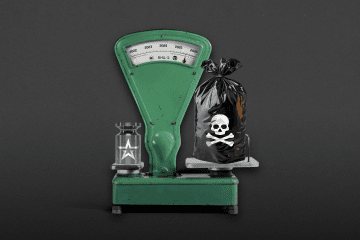- Category
- War in Ukraine
Why the Summit on Peace for Ukraine Matters For Global Security and Its Key Areas of Focus
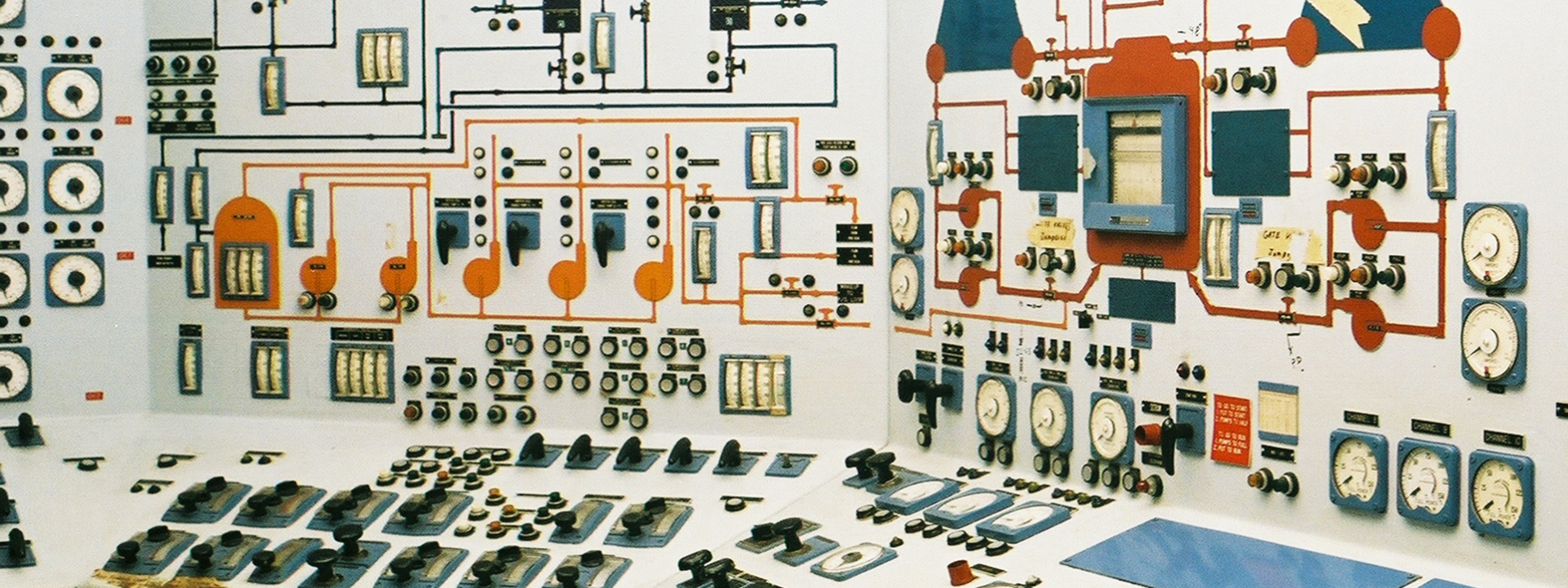
On June 15-16, the Summit on Peace for Ukraine will be held in Switzerland under the auspices of Switzerland and Ukraine. The main goal of the summit is to support the rules established by the UN to maintain sustainable peace worldwide, recognized by all member countries of the organization.
Ukraine has proposed three important topics for discussion at the Summit on Peace for Ukraine, including nuclear security, food security, and humanitarian issues. Among other things, the return of children forcibly taken from occupied territories will be discussed. Singer Madonna, who also announced her support for the Peace Summit, wrote: "We may disagree on many issues, but children need our protection."
Why is the Summit on Peace for Ukraine important?
After World War II, the United Nations was created as an institution to help prevent the recurrence of a major war. The Charter of the Organization defines norms for respecting the territorial integrity of countries and their independence. Switzerland and Ukraine, which are hosting the Summit on Peace for Ukraine, aim to develop rules to ensure international security at a global level, which any country in the world can appeal to.
Therefore, the scale of the summit is truly global. Switzerland sent out 160 invitations. More than 100 countries and about 20 large organizations confirmed their participation. Representatives from countries on all continents are expected to attend.
Russia has not been invited to the Summit, but as stated by Ukrainian President Volodymyr Zelenskyy, the outcomes of the Peace Summit will be communicated to the Russian side. Despite what skeptics might say, this is standard practice: even during World War II, allies held joint conferences without inviting Germany or Italy, who were the instigators of the bloody wars. Today, Russia not only refuses to be part of the discussion but also tries to disrupt the Summit by opening new fronts in Ukraine, particularly in the Kharkiv region, with Ukrainian intelligence reporting a possible new front in the Sumy region.
At the summit, the Ukrainian side proposes to discuss three important security issues that will have a global impact.
Nuclear security
For over two years, the largest nuclear power plant in Europe, the Zaporizhzhia Nuclear Power Plant (NPP), has been occupied in Ukraine by Russia. For a long time, Russia did not allow the International Atomic Energy Agency (IAEA), the most influential nuclear safety organization in the world, to access the plant. In addition, the plant lost 4/5 of its staff: instead of 10,000, only about 2,000 people work there now. This undermines safety at this important nuclear facility.
It is important to understand that radiation knows no borders. It does not stop at the boundary of one region or at a border checkpoint. In 1986, due to Moscow's negligence, half of Europe suffered: safety rules were not followed, resulting in the Chernobyl NPP explosion.
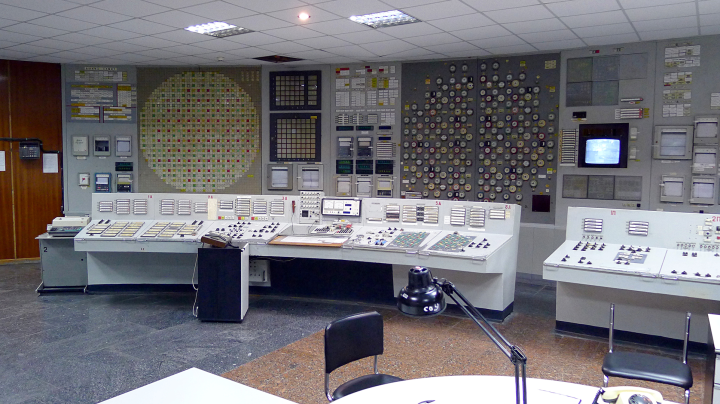
Ukraine seeks to prevent a similar disaster. Before the full-scale invasion, all four Ukrainian NPPs operated according to IAEA regulations, and the organization’s staff could visit the plant for inspections at any time. Ukraine calls on Russia to withdraw from the territory of the Zaporizhzhia NPP and to create a demilitarized zone around it. This will ensure the protection of the nuclear facility, provide round-the-clock access to qualified personnel, and allow specialists from relevant organizations to visit.
This will help safeguard Europe and the world from potential accident consequences and restore partial energy security to Ukraine.
Food security
Ukraine is one of the largest exporters of food to global markets, ranking among the top five in grain supplies and being one of the largest players in the oilseed market. However, the situation has drastically changed due to the full-scale invasion: fields are mined, and the infrastructure for transportation is occupied or destroyed.

The war in Ukraine and the disruption of traditional supply chains have threatened famine for at least 70 million people worldwide. Overall, 345 million people suffer from catastrophic food shortages, and 82 countries need food aid. The grain deficit in African and Asian markets could reach 10-15% by 2024.
Ukraine is ready to work in the field of Food Security and export significant volumes of food. But for this, it is necessary to:
Ensure the safety of people working in the agricultural sector, including conducting humanitarian demining of territories.
De-occupy ports and organize the safety of infrastructure, including additional air defense systems near port infrastructure and safe sea routes.
Despite difficult conditions, Ukraine has already launched a food initiative to help fight food shortages.
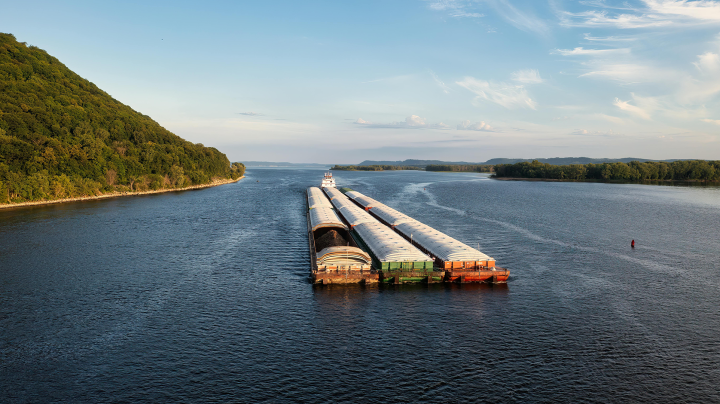
Grain from Ukraine is a direct purchase of agricultural products from Ukrainian producers and their transfer to countries on the brink of famine. The implementation is in partnership with the World Food Program. Under the program, nine ships have already delivered about 220 tons of Ukrainian grain to Somalia, Ethiopia, Kenya, Yemen, Nigeria, and Sudan. One ship aids two countries simultaneously. For Ukrainian producers, it is an opportunity to have markets for their products, and for participating countries, it is a reliable partner.
Exchange of prisoners and return of forcibly taken children
Since the beginning of the full-scale invasion, there have been 52 exchanges between Ukraine and Russia, with more than 3,000 prisoners of war returned.
Ukraine proposes organizing a large exchange based on the "all for all" formula. Today, Russia uses Ukrainian prisoners as a means to pressure Ukraine, holding them in inhumane conditions, as evidenced by the stories of those who have been returned. Moreover, Russia does not allow international organizations, such as the Red Cross, which have the mandate to visit prisoners and monitor their conditions, to access them.
The idea of the "all for all" exchange has already been supported by the Pope and the Ecumenical Patriarch.
Additionally, Ukraine seeks to bring back children who were illegally taken to Russia from occupied territories. Today, these are pinpoint operations, with the mediation of third countries, often from the Middle East, helping to return children home. The Ukrainian side wants to develop tools to scale this process.

Conclusion
The Summit on Peace for Ukraine is one of the largest events of its kind in many years. Participants include representatives from all continents who will work together towards achieving sustainable peace for the whole world.
-29a1a43aba23f9bb779a1ac8b98d2121.jpeg)
-9377b86f9f8cd8a2b08f20ffd5f043e0.jpg)

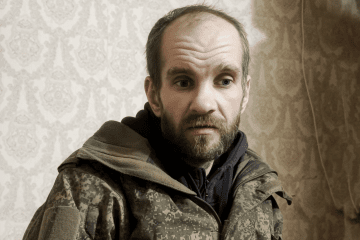
-5568db4fb3d8644b8f1bf8244594bec1.png)

